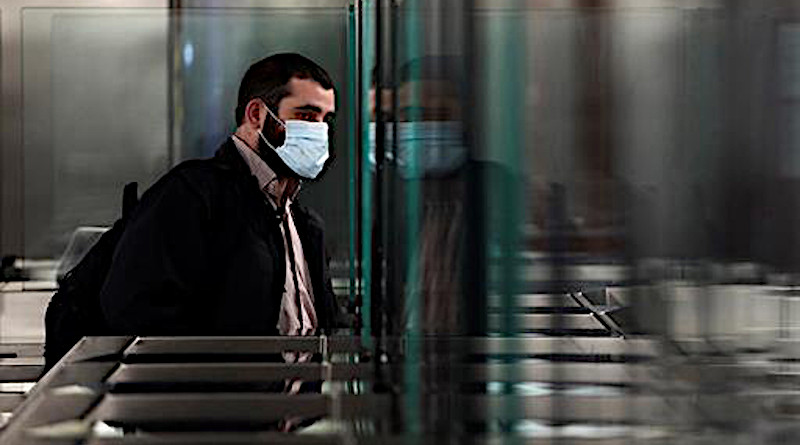Spain: Use Of Face Masks Obligatory For All Transport Users
Spain’s Ministry of Transport, Mobility and Urban Agenda has issued an Order establishing the obligation to wear a face mask that covers the nose and mouth for all users of public and collective transport, both on land, such as buses, taxis, mini-cabs and railway, and for air and sea transport.
The Order also establishes that transport workers that are in direct contact with passengers should also wear a face mask, and have access to sanitising liquid.
In addition, the Order establishes new criteria for the use of land transport.
Accordingly, two people may travel in private vehicles in each row of seats, provided that they wear face masks and respect the maximum distance between passengers. This criterion will also be applicable to complementary private transport in saloon cars, which means companies whose staff drive their own vehicles.
This possibility is extended to other vehicles that only have one row of seats in which two people may travel providing they use the corresponding face mask. Should this not be the case, only the driver may travel.
Furthermore, in public passenger transport in saloon cars, that is taxis and mini-cabs, two people may travel per row of seats except in the front, where only the driver may travel.
In the case of buses and trains, two possibilities are provided for:
- In vehicles or carriages in which all the occupants must be seated, the maximum capacity is set at 50% of the seats available, always keeping the row directly behind the driver free of occupants in the case of buses.
- In the case of passengers also being able to stand, only two passengers may stand within a surface area of one square metre in these areas and with 50% of the seats available.
The Order also contains provisions that seek to guarantee the orderly movement of passengers at stations, transport interchanges, airports and sea ports, with the aim of avoiding crowds, and information is stepped up on the need to keep a safe distance and on hygiene measures.
Finally, the public authorities with jurisdiction may alter opening hours in the case that this is necessary to reduce the intensity of the demand for public transport at rush hour in their respective regions.

